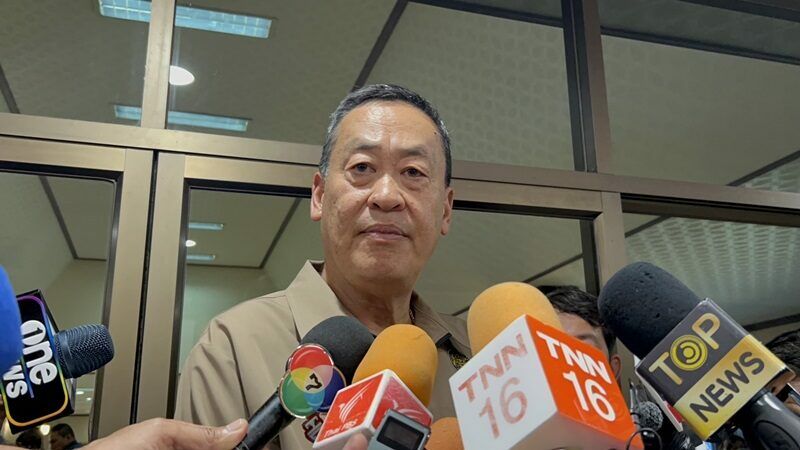Thai prime minister criticises marginal increase in minimum wage

Prime Minister Srettha Thavisin of Thailand has voiced his disagreement with the decision of the tripartite wage committee to marginally increase the daily minimum wage rate by 2 to 16 baht across the country. Expressing this during a government project inspection in Kanchanaburi, he criticised the low raise and promised to seek a revision.
Srettha pointed out that the government has been implementing various measures to support business operations. These measures include subsidising electricity for the manufacturing sector and maintaining a cap on diesel fuel prices for transport. He argued that it is now time for these businesses to reciprocate by increasing the minimum wage to a more suitable rate for the numerous workers in the country.
The prime minister intends to commence discussions with the tripartite wage committee, which includes representatives from the Ministry of Labour, employers, and employees, in the coming weeks. If the committee’s decision to raise wages by only 2 to 16 baht (US$ 0.056 to 0.45) is presented to the cabinet for approval, PM Srettha has vowed to reject it and demand a more substantial increase.
He posed a question, “Should we really have to leave the minimum wages for Thai workers this ridiculously low, while Singapore, for one, offers a minimum wage of 1,000 baht (US$ 28) a day? Are we willing to let our workers be treated as if they were second- or third-class citizens of the world?”
Regarding his strategy for revising the panel’s decision, he stated he would not command the committee to alter the decision but would instead engage in discussions with the members to seek a solution to the low-wage issue.
Srettha further emphasised that business operators and employers have reaped significant benefits from the government’s measures. Therefore, they should reciprocate by offering better wages to the workforce, a crucial component of the manufacturing sector, reported Bangkok Post.
He also mentioned that he has been working to build confidence among local business operators in the southern border provinces through securing deals with Malaysia. Srettha suggested that the wage increase for workers in these provinces should be more substantial, given these gains. However, he noted that these workers would only receive a raise of 2 to 3 baht (US$ 0.056 to 0.084).
On being questioned about the appropriate minimum wage rate, Srettha responded that the new rate must be agreed upon by all parties involved. He also expressed his dissatisfaction with the revised rate of 330 baht (US$ 9.26) per day from 328 baht (US$ 9.2) in the three southernmost provinces. He said, “The raise for the three southernmost provinces isn’t enough for even buying one egg.”
In response to concerns that the government’s push for a higher minimum wage might drive businesses away, Srettha dismissed such notions as more of a threat than a possibility. He assured that no business would relocate simply because the minimum daily wage is increased from 300 baht to 400 baht (US$ 8.4 to 11.2), especially as the government continues to offer more benefits, including tax privileges.
Srettha concluded by stating that the living conditions of the people need to be improved and taken care of alongside the government’s economic stimulation efforts. He stressed this is not an attempt to appease voters, but a reflection of the reality the country currently faces.
Latest Thailand News
Follow The Thaiger on Google News:


























